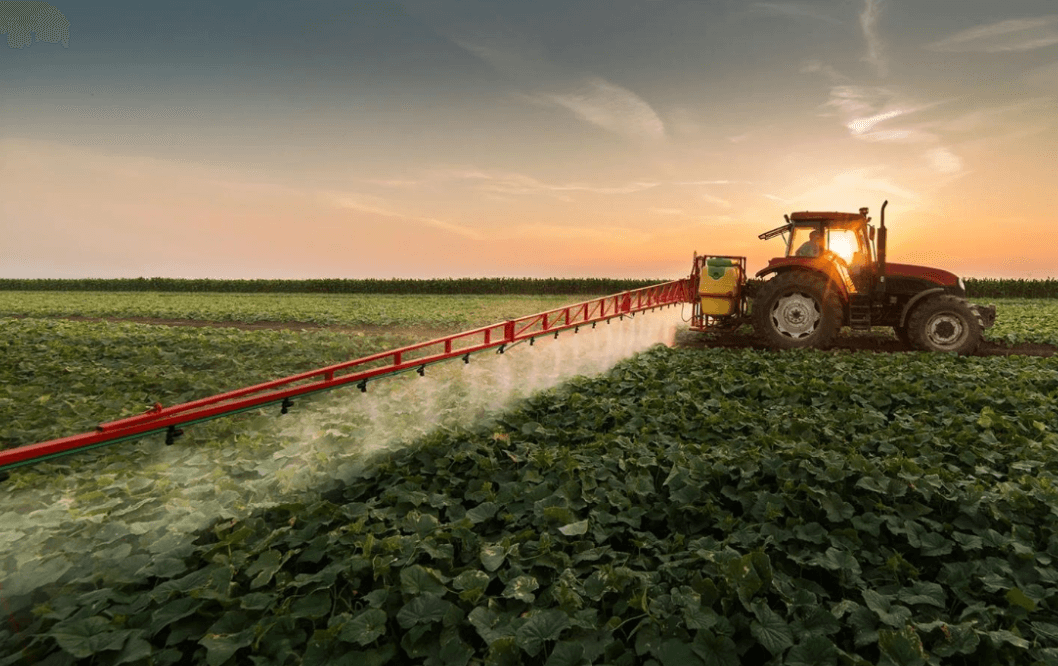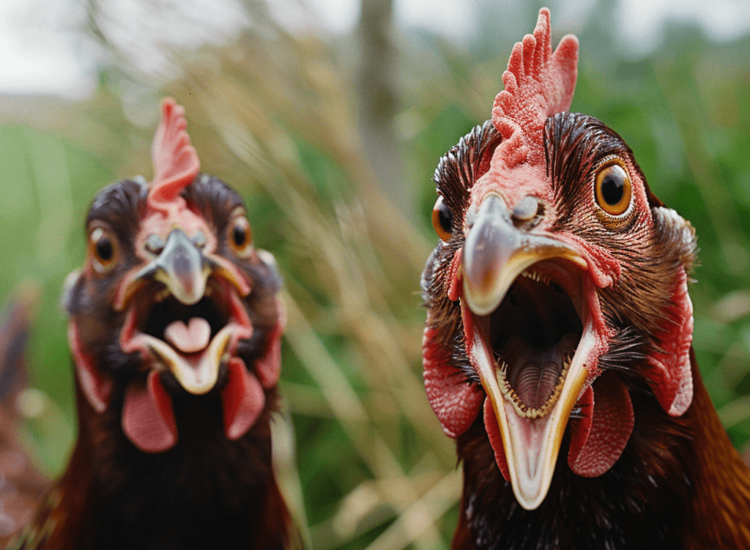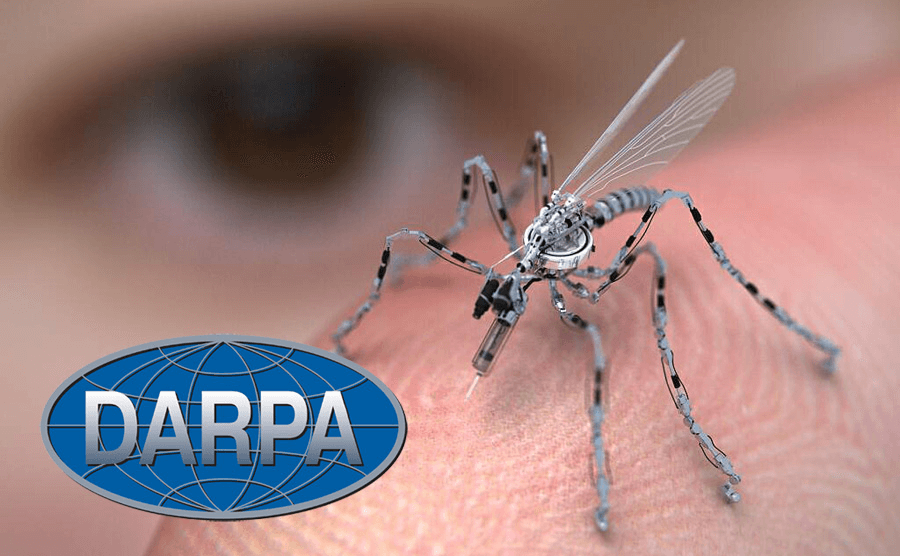Debating sustainable agriculture: Weed management and crop biotechnology
Jon Entine | Genetic Literacy Project | April 17, 2024Any discussion of crop chemicals must consider the broad sweep of agricultural history, the pivotal moments of technological innovation, and the diverging perspectives that have shaped the current debate around the use of chemical herbicides and genetically modified (GM) and gene edited crops.




















